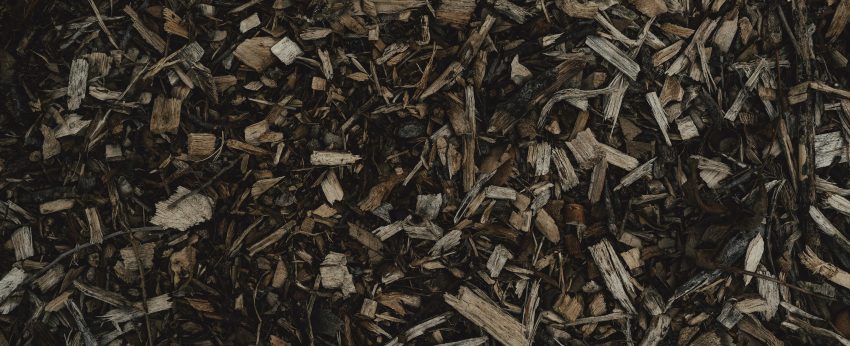Water Retention
Mulch slows evaporation by providing shade to the soil and holds moisture, so you can reduce how much time you spend watering. Plants will not dry out as quickly thanks to this retention. It acts as a sponge so that rain water is absorbed effortlessly. Mulching will also reduce storm runoff and erosion from rain.
Weed Barrier
A thick layer of mulch can prevent weeds from spreading. Mulch keeps seeds from finding soil and blocks out sunlight for weeds and seeds already on the soil. Mulching for weed control is safer than using weed killer chemicals. For effective weed control, you’ll want around 3 inches of mulch.
Insulates Roots
A layer of mulch provides your soil protection from both cold and hot weather. When used early in the growing season, it allows earlier planting and plant growth by keeping the soil warmer during chilly nights.
Improves Soil Health
Organic mulches decay and enhance the soil’s organic matter over time. It’s recommended to mulch each year to continue to replenish the organic matter in your soil.
Curb Appeal
A fresh layer of much gives your garden beds and landscaping an instant upgrade. It creates crisp, defined edging between your garden beds and lawn to help your landscaping look sharp. One of the biggest reasons people mulch is to simply make their landscape more attractive.
Quick Mulching Tips:
- weed garden bed and get rid of any plants you don’t want to keep
- aerate the old layer of mulch (garden forks work great for this)
- don’t use too much mulch, 4 inches is the maximum recommended height before oxygen may be impeded from plant roots
- keep the mulch away from plant stems
- water your mulched bed after installing
